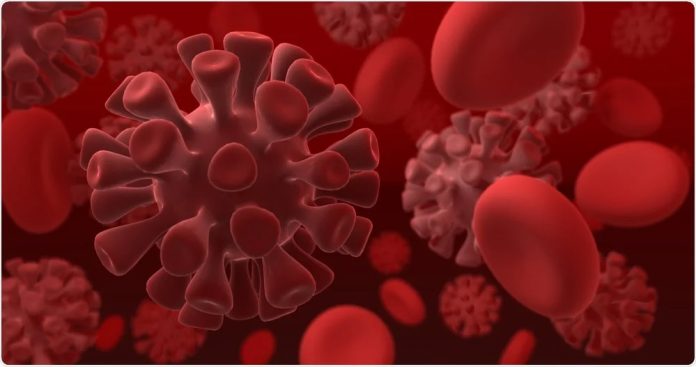NEW DELHI, Jan 19: By analysing proteins in blood, scientists have found that an immune system active for more than six months following acute SARS-CoV-2 infection could be contributing to long Covid.
The immune system normally helps the body fight infections, but in this case, damages healthy body cells, they found.
The scientists observed measurable changes in blood proteins in ”active” long Covid patients even after six months following infection, indicating interactions between proteins of the complement system, which is a part of the immune system.
In contrast, the team led by the University of Zurich, Switzerland, found that the blood levels of long Covid patients who had recovered from the disease returned to normal within six months. These proteins are involved in blood clotting and the repair of tissue damage and inflammation, they said.
Therefore, ”active” long Covid is characterised by patterns of blood proteins, they said. The study is published in the journal Science.
”In patients with long Covid, the complement system no longer returns to its basal state, but remains activated and, thus, also damages healthy body cells,” said Onur Boyman, professor of immunology at the University of Zurich (UZH).
For the study, the researchers followed 113 Covid patients for up to a year after acute infection and compared them with 39 healthy participants. After six months, they found that 40 patients had active long Covid disease.
The team analysed more than 6,500 blood proteins of all the participants both during the acute infection and six months later, using bioinformatics.
”The analyses of which proteins were altered in long Covid confirmed the excessive activity of the complement system. Patients with active long Covid disease also had elevated blood levels indicating damage to various body cells, including red blood cells, platelets and blood vessels,” said the study’s first author Carlo Cervia-Hasler, a postdoctoral researcher in Boyman’s team.
A significant proportion of the people infected with Covid have been documented to develop long-lasting symptoms with wide-ranging manifestations, including fatigue and brain fogs. While the causes and mechanisms underlying long Covid are still not fully known, there are also no diagnostic tests or targeted treatments.
”Our work not only lays the foundation for better diagnosis, but also supports clinical research into substances that could be used to regulate the complement system. This opens up new avenues for the development of more targeted therapies for patients with long Covid,” said Boyman. (Agencies)
Trending Now
E-Paper


